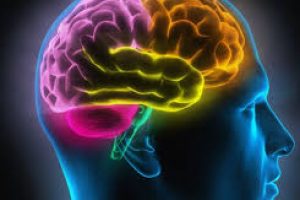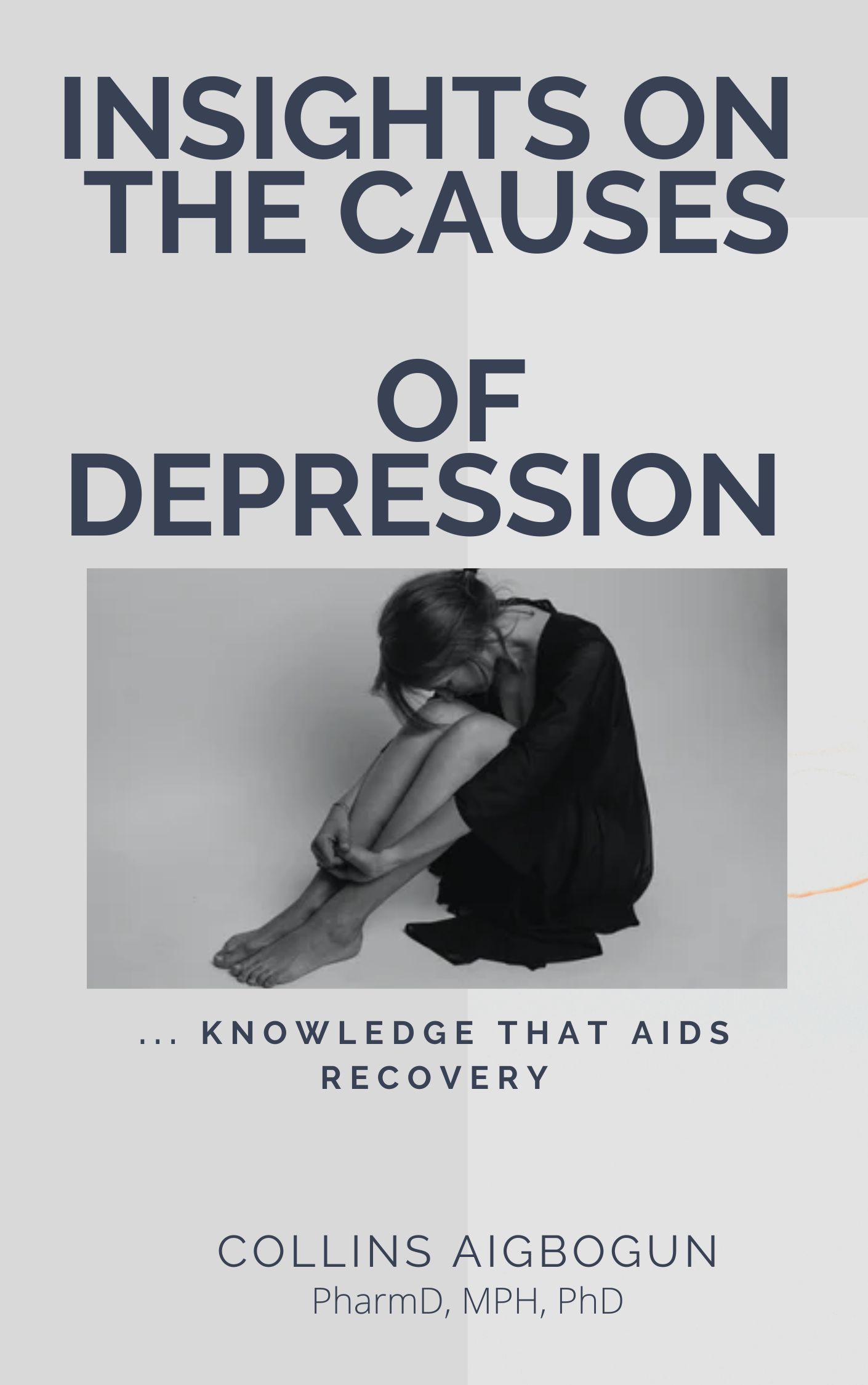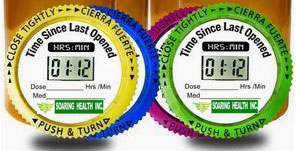Foods That Interact With Mental Health Drugs
According to the American Psychiatric Association, the human brain, which is a core part of the nervous system, has over 100 billion cells. Can you see why the brain needs a lot of care and attention, especially with the food we eat? For example, the presence of food in the stomach is known to increase the absorption of several drugs such as buspirone, lurasidone, sertraline, and ziprasidone. Also, the presence of food in the stomach is known to reduce the absorption of several hypnotics and anticonvulsants. As we spotlight on mental health this month, it is needful to mention some common foods that interfere with the efficacy and effectiveness of mental health drugs.
(1) Grape Fruit
Grapefruit is very healthy for the human body. For example, it helps the heart to function better. Nevertheless, grapefruit is known to alter the bioavailability of many psychotropic drugs because it inhibits some isoforms of the cytochrome P450 enzyme. Hence, a concomitant administration of these drugs with grapefruits will increase the serum concentration of grapefruit in the body. Drugs that are metabolized by the cytochrome P450 include alprazolam, sertraline, methadone, buspirone, and carbamazepine. A standard solution is to lower the dose of the drugs if the patient cannot do without grapefruit.
(2) Caffeine
Caffeine is commonly used by people who want to be alert in the mornings. It stimulates the mind and the brain of the user in levels that result in higher productivity. Nevertheless, caffeine should not be used by people who take lithium or clozapine. This viewpoint is because caffeine is known to reduce blood lithium levels. Also, lithium block clozapine clearance through the inhibition of the Cytochrome 1A2 enzyme. Excessive caffeine intake can lead to clozapine toxicity.
(3) St. John’s Wort
For many centuries, St. John’s Wort has been used to treat symptoms of depression. St. John’s Wort can also decrease the clinical effectiveness of drugs such as aripiprazole, alprazolam, quetiapine, and oxycodone. St. John’s Wort induces the liver enzyme that metabolizes anti-depressants known as serotonin selective reuptake inhibitors such as sertraline, fluoxetine, and paroxetine. Hence, the patient is predisposed to have serotonin syndrome, which is characterized by tremors, agitations, and other serotonin effects.
(4) Table Salt
Everyone consumes cooking salt daily, either directly or indirectly. Patients who take lithium as a drug can have excessive serum concentrations of lithium if unusually less table salt is consumed. Conversely, patients on lithium can have lower serum concentrations of lithium, and there is an excessive table salt consumed. During hot weather, patients on lithium can experience lithium intoxication if they consume table salt. This experience is one of the several ways foods interact with the drugs we take for healthy living.
(5) Beef liver, sausage, and cheese
Most people sometimes buy sandwiches from fast-food restaurants. These sandwiches contain beef, cheese, and sausage. Some of these food types are broken down into tyramine, which is then metabolized by monoamine oxidase enzyme. Hence, if patients eat these foods and also take drugs such as phenelzine and selegiline, the food substance will build up in the body and might be toxic to the patient. Do you care to know more about improving health outcomes, this FREE guide will help you?









